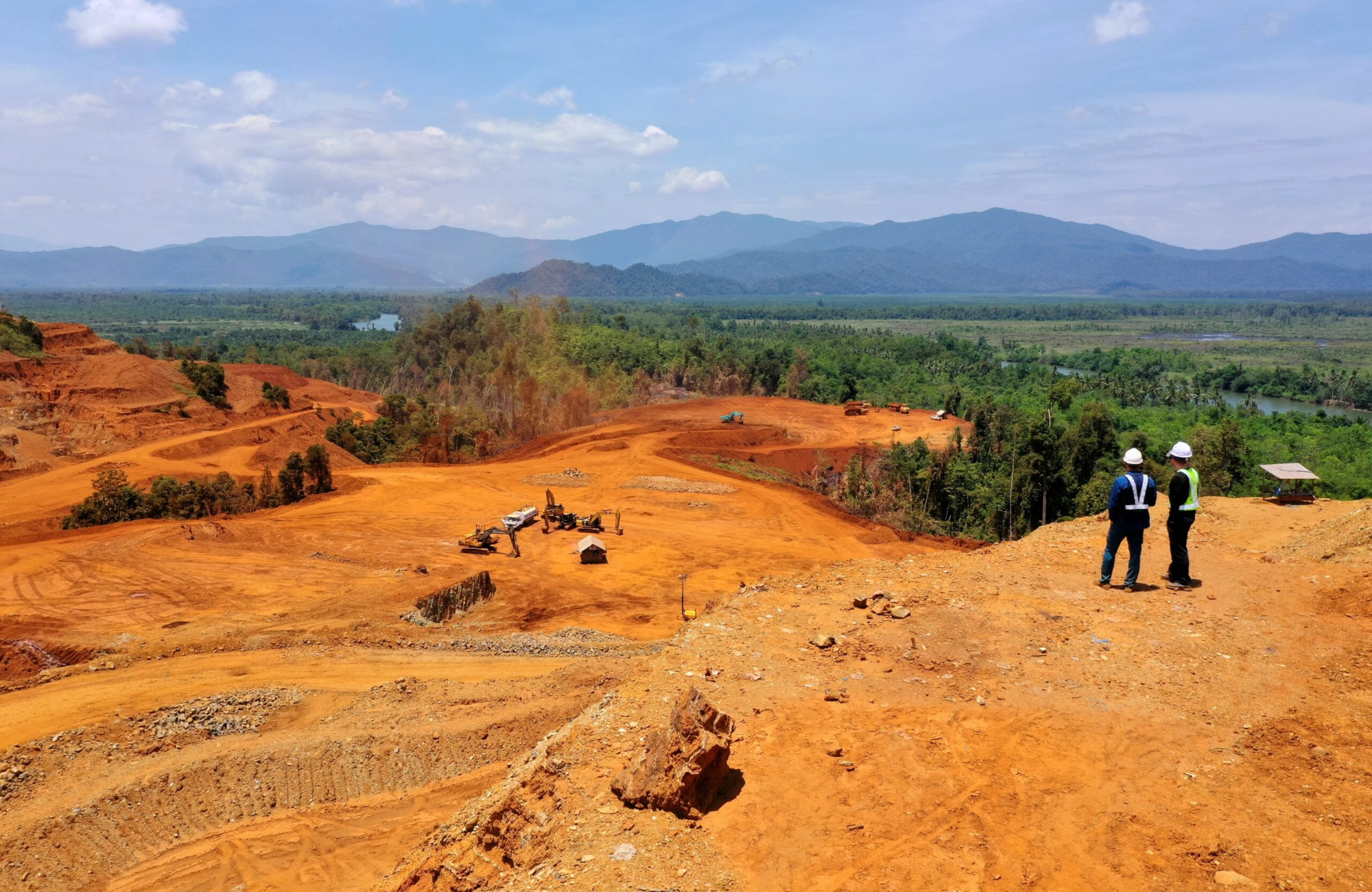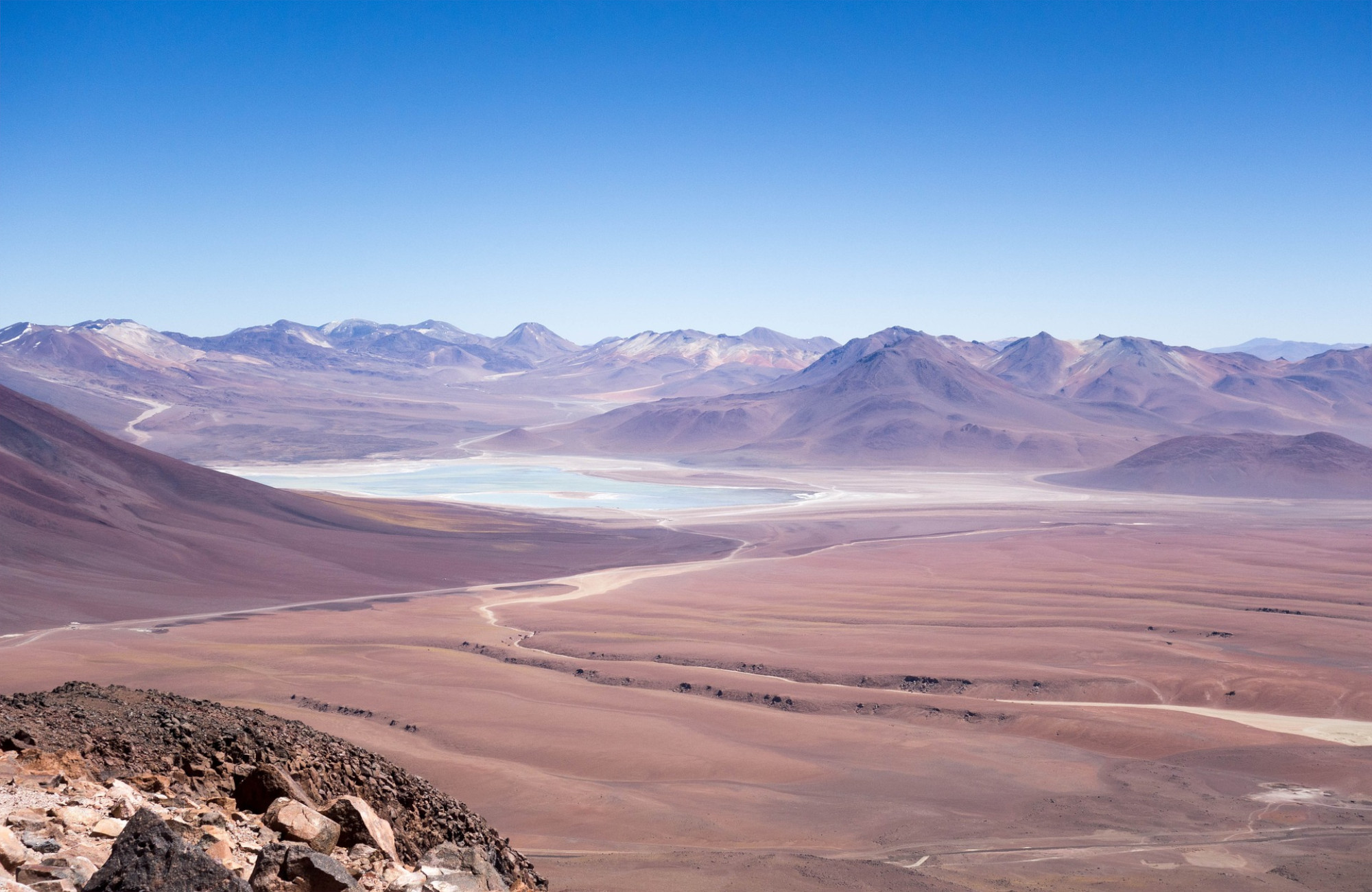The island of Sulawesi, in the middle of the Indonesian archipelago, is a biodiversity hotspot. Located immediately to the east of the Wallace line that divides Asia’s flora and fauna from Australia’s, it represents an extraordinary transition zone between the species of the two continents. Like the Galapagos, it has been called a “living laboratory of evolution”. It is home to a dizzying array of endemic species like the anoas, adorable miniature buffalos; the babirusa (“pig deer” in Indonesian) with long curved upper tusks; the critically endangered maleo bird which uses geothermal vents to incubate eggs; and 17 different species of macaque monkeys and tarsiers. Offshore exist some 30% of the world’s precious coral reefs.
When most people think of deforestation in Indonesia, they think of palm oil – and with good reason. Global demand for processed food and cosmetics has spurred the replacement of millions of hectares of forest across Southeast Asia with oil palm monocultures over the past twenty years. Indonesia’s pulp and paper industry has destroyed a further million hectares or more.
Over the last decade, both the palm oil and paper industries have reduced their deforestation by 90%. In response to demands from consumers, investors, and environmental groups, most of the large industry players have adopted policies to ban deforestation, destruction of peatland, and the exploitation of local communities. Instead of expanding into pristine forests, they now use an integrated high-carbon stock, high conservation value approach to focus their development on the millions of acres of available degraded land. This progress has contributed to Indonesia now achieving the lowest levels of deforestation on record. While work still needs to be done to ensure there is no backsliding, that is a gigaton-scale improvement for CO2 emissions. Meanwhile, plantation companies have been able to continue to grow by improving yields and focusing on degraded land. A win-win for business and forests.
There is now a new emerging threat to Southeast Asia’s forests, this time driven by the electric vehicle (EV) industry – nickel mining. Sulawesi has lost more than half a million hectares of forest since 2011. 36% of Sulawesi’s 1.5 million hectares of mineral-rich ultramafic forests are already occupied by nickel mining concessions. Similar threats face neighbouring islands in the nickel-rich region of Maluku. Mine infrastructure provides access to previously remote forests, leading to additional land clearing by other actors. Historically, Indonesia’s nickel ore has been turned into stainless steel. It is now being tapped for the batteries that power EVs. And demand is slated to grow — and grow and grow, to more than 40 times its 2020 levels.
There is good reason for that growth. Meeting electrification goals will require nickel – and lots of it. Indonesia is setting itself up as a major player, with an integrated battery supply chain, export ban and a slew of incentives including direct subsides for the purchase of EVs. While nickel is needed for the global shift to EVs, getting that nickel through destruction of biodiverse forests would undo many of the environmental benefits of electrification.
Despite the coming boom, the mining industry has not adopted protections similar to plantation agriculture’s. Instead of clear, scientifically rigorous conservation standards and clear “go” and “no go” criteria, the most stringent of the voluntary mining standards use a so-called “mitigation hierarchy:” a step-by-step approach to guide decision making and actions to minimise adverse impacts on the environment and communities. If impacts do occur, the approach calls for the rehabilitation of affected areas and carbon offsetting. While in theory this approach could lead to no net loss or even net gain of forests, in practice too little emphasis is put on avoiding harm, resulting in irreversible environmental and social damage. Planting saplings will not replace thousand-year-old forests that teemed with rare species.
Palm oil and paper companies used to confine themselves to similar approaches – and their environmental and human impact caused reputational damage that ultimately impeded their ability to access markets or raise capital. It is in the interest of car makers, the nickel industry, regional governments and the climate to enable responsible growth in the sector in order to provide the needed materials for the electrification revolution. To do so, miners must learn from the plantation industry’s experience.
Agricultural companies claimed for years that it was too complicated to expand only onto degraded lands. But when customers and investors demanded that they do so, these companies were suddenly able to figure it out. They began monitoring their supply chains using satellites, publishing the location and identity of their suppliers, and establishing clear policies to ban deforestation, destruction of peatlands, and exploitation of Indigenous communities. This transparency allowed everyone to see whether or not a particular palm oil company was adhering to its commitments. Nickel mining should adopt a similar approach before battery and electric vehicle industries’ climate credentials are compromised.
Government can also do more. In Indonesia, mine operators are merely required to minimise significant negative impacts in management planning, and recent policy changes have weakened requirements for environmental impact statements. This lack of safeguards risks permitting serious damage to communities and ecosystems. The low-grade laterite nickel ore mined in Indonesia is processed using high pressure acid leaching (HPAL), requiring huge amounts of energy – most often provided by coal fired power plants. This process produces tremendous toxic tailing waste that pollutes oceans and rivers. Human rights and labour abuses are widespread. Earlier this year, unrest over unsafe labour conditions and corrupt practices at nickel smelters turned violent, leading to the death of two workers.
At a more foundational level, governments and companies need to confront the impacts of nickel and scale up battery recycling, creating circular economies. Building smarter infrastructure so that we need fewer vehicles is also a key solution.
In almost all cases, EVs are more efficient than internal combustion engines. But we must not destroy nature in attempts to save the climate. The transformation of Southeast Asia’s plantation agriculture is proof that with clear policies and rigorous implementation, decarbonisation and nature protection can go hand in hand.
Amanda Hurowitz is the Senior Director for Asia at Mighty Earth where she leads campaigns to protect great ape habitat and ensure investments in clean energy preserve biodiversity; she also oversees the organization’s Rapid Response deforestation monitoring program.






